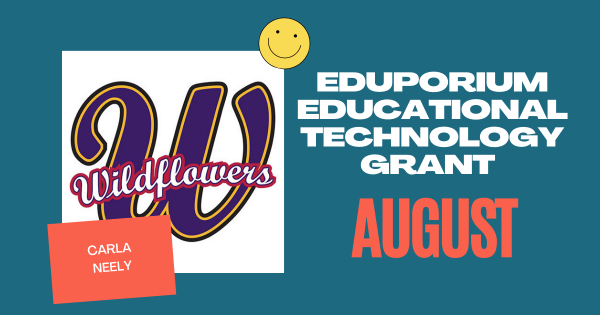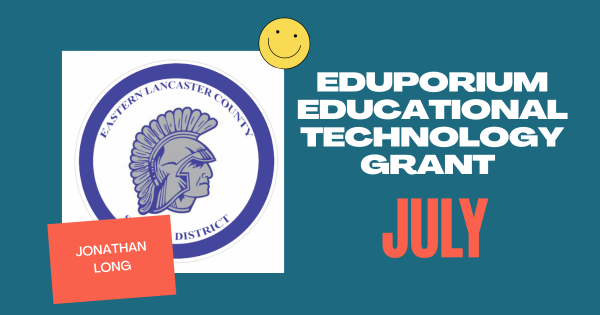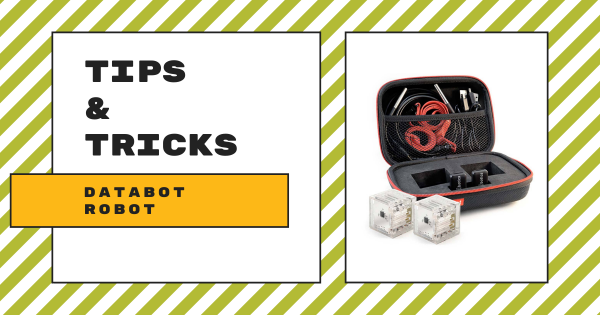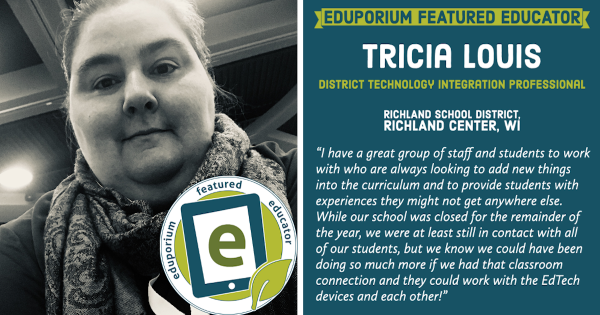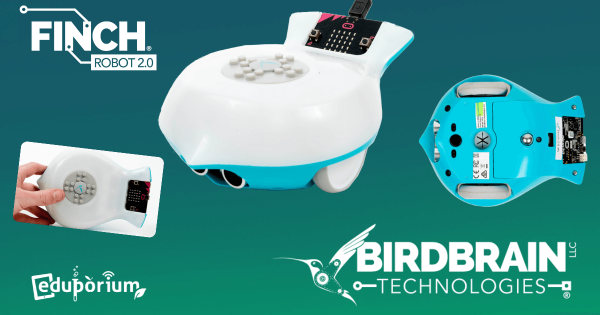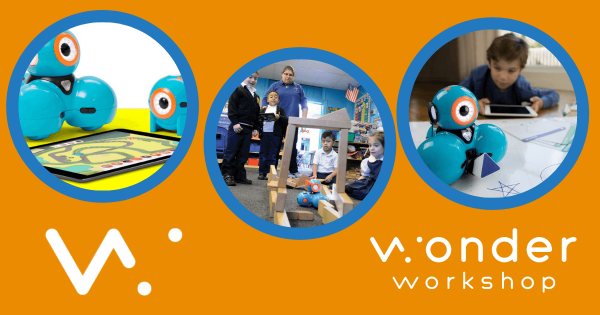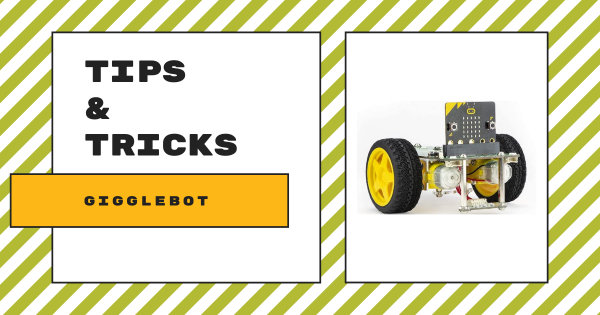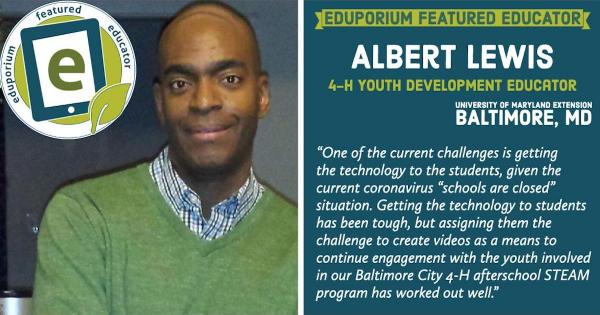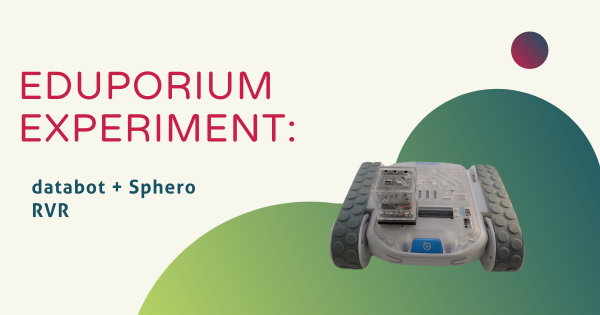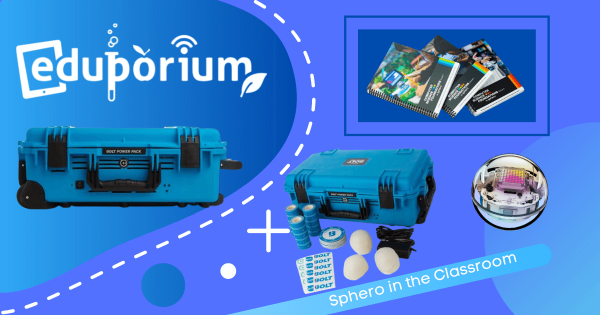We’ve transitioned into another new month, and that means we have some news regarding the awarding of our EdTech grant from last month. For this latest award, we’ve presented the grant to Carla Neely, who is a fourth and fifth grade STEM teacher at an all-girls school in Cleveland, Ohio—and she works with a lot of Title I students as
Robotics
Some of the most popular paths and effective approaches to preparing students for their future involve using robotics tools. A significant subsection of STEM education, coding robots and other types of programmable devices enable a large percentage of the STEAM learning that occurs in our schools. Using educational robotics tools, students from Pre-K to college can develop key coding skills. This is largely because, among these various robot kits, many are compatible with various programming languages. So, beginning in Pre-K, a child might use the Cubetto Robot in screen-free coding activities. Then, they might move on to the Bee-Bot or Blue-Bot for CS experiences that are slightly more complex. And, by the time they're in kindergarten or first grade, they have a legitimate foundation and they're ready to continue developing fluencies in coding, problem solving, and even computational thinking.
One reason robotics in education is so effective is due to various advances in robotics equipment for schools. Beyond introducing the absolute basics of coding early on (and without a screen), students can then progress to one of the most basic forms of coding, which you might know as Blockly. So many robotics tools incorporate the Blockly coding language along with their corresponding programming environment. In fact, the Ozobot Evo, Root Robot, Edison Robot, and Dash Robot are among the most popular elementary robotics tools. These help children build on coding and technology knowledge as they prepare for the next step—text programming. In text coding, they can use tools like the databot 2.0, NAO Robot, and most of the others we've mentioned. And, through these experiences, they can develop STEM skills in a tangible way while using robotics tools to do so.
-
Our July Grant Recipient is Jonathan Long!
Jonathan Long is a middle school STEM teacher in the Eastern Lancaster County (PA) School District and a huge fan of using technology in instruction. He’s used some different EdTech tools in the past and we’re excited to be able to provide him with a new one to try—the databot. Read on to learn more about him and his STEM -
Tips & Tricks | Collecting Data with the databot
With so much data filling our world—and the immediate environments around us—it can be hard to conceptualize just how much there is to explore. With the databot, students can do just that. This tiny cube fits in the palms of their hands and helps them explore the hidden world of data in an incredibly powerful way using a dozen on-board -
Eduporium Featured Educator: Tricia Louis
Tricia has worked with a number of EdTech tools and given the students she coaches a ton of positive experiences. We’re excited to share Tricia’s story and hopefully inspire more educators to take chances with new tech in the classroom and unlock new learning opportunities with technology! Keep reading to learn more! -
Get To Know The Finch 2.0 From BirdBrain Technologies
Modeled directly after the original Finch Robot, this latest version provides teachers with a more robust option when introducing students to computer science and key STEAM concepts. It’s even viable in all levels of education from kindergarten to college and utilizes the micro:bit V2 for its processing power. Read on for more about the Finch 2.0 and its six coding -
Eduporium Team Donates Robot Kit Following Virtual Summit
We were fortunate to sponsor a Virtual Summit session led by fourth grade teacher, Jasmine Saab, and give away a Wonder Starter Pack to one lucky attendee! That attendee ended up being Imani Malaika-Mehta, who is the executive director of the KC Creators Club in Kansas City, and wrote up a special post about her experiences teaching STEM. -
Tips & Tricks | Dexter Industries' GiggleBot
The GiggleBot is the main piece of this micro:bit-powered robot and construction kit. It boasts a variety of programmable features, including a brightness sensor, LEDs, motors, and a line following device. It can be assembled in as little as five minutes and includes everything you need—you just connect the batteries, micro:bit, and wheels to get started! -
Eduporium Featured Educator: Albert Lewis
We spoke with Albert Lewis! Albert works with students in the 4-H Youth Development Program as part of the University of Maryland Extension in Baltimore City. He loves using STEM to connect with the students he works with and, even in the midst of the coronavirus pandemic, he’s helped them find creative ways of using technology in their learning. -
Eduporium Experiment | databot And The Sphero RVR
The databot is a small, programmable robot outfitted with an array of built-in sensors that are constantly capturing real-world data. Students can use this data to create programs for the small, cube-like databot to execute. It works with the Google Science Journal platform, but the databot Robot is also compatible with another powerful STEAM tool: the Sphero RVR! -
New Sphero BOLT Accessories: Power Packs, PD, And More
Whether teaching computer science lessons using the Sphero Mini, BOLT, or RVR, Sphero’s robotics solutions open up a whole lot of possibilities for computer science education. You can also try taking your STEAM teaching and learning further and pair the robots with the corresponding curriculum, Sphero’s CS Foundations Courses, which are now available on our store!




